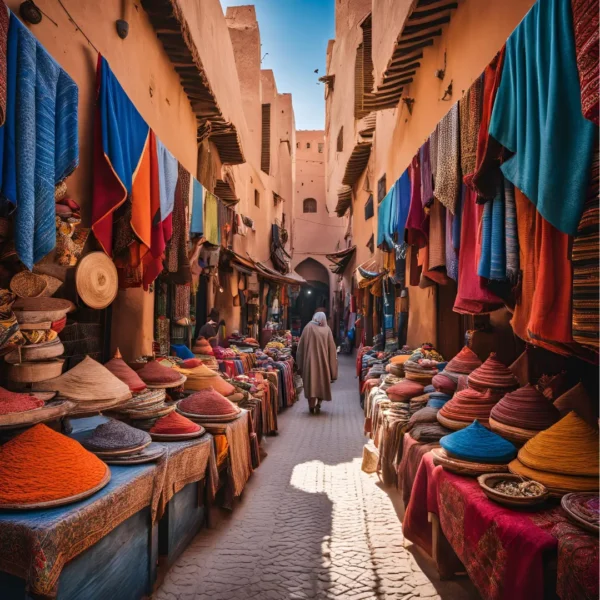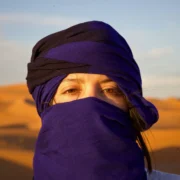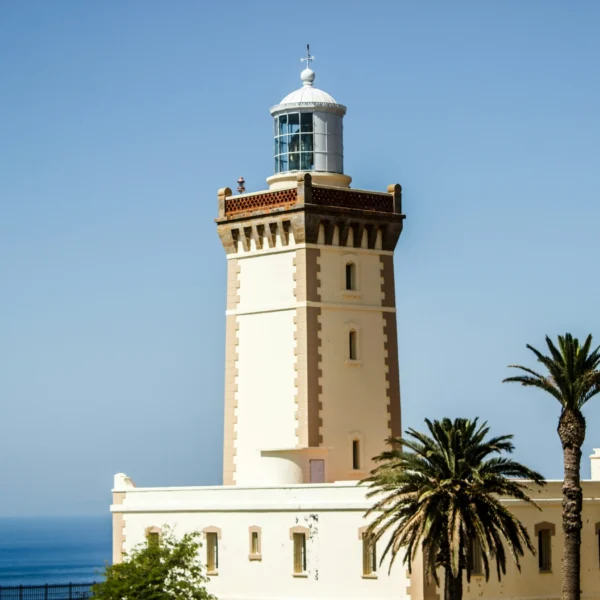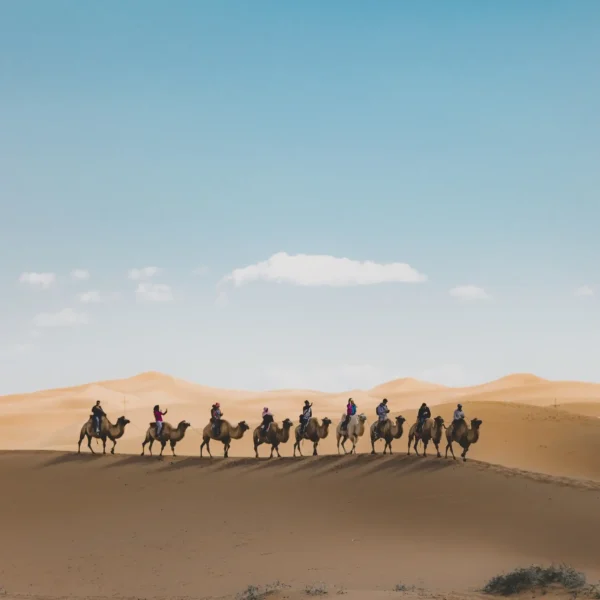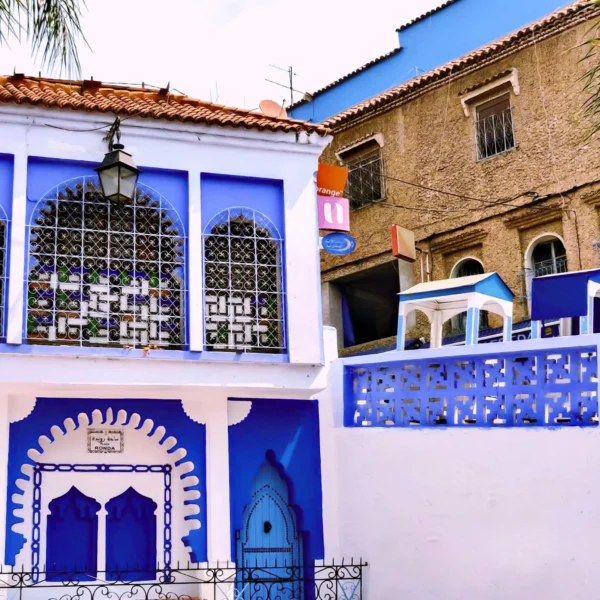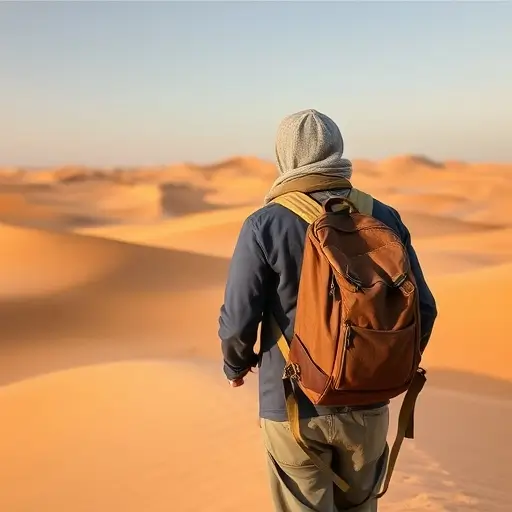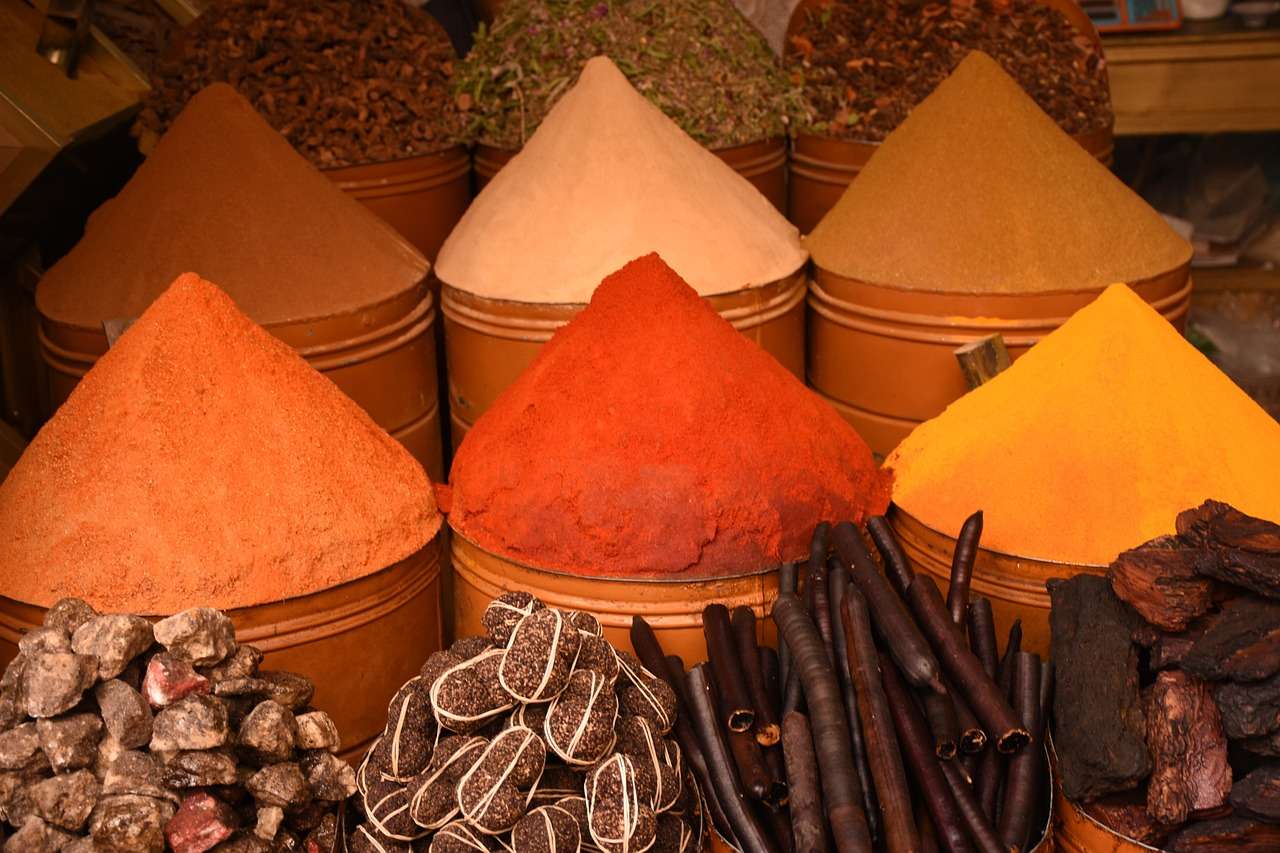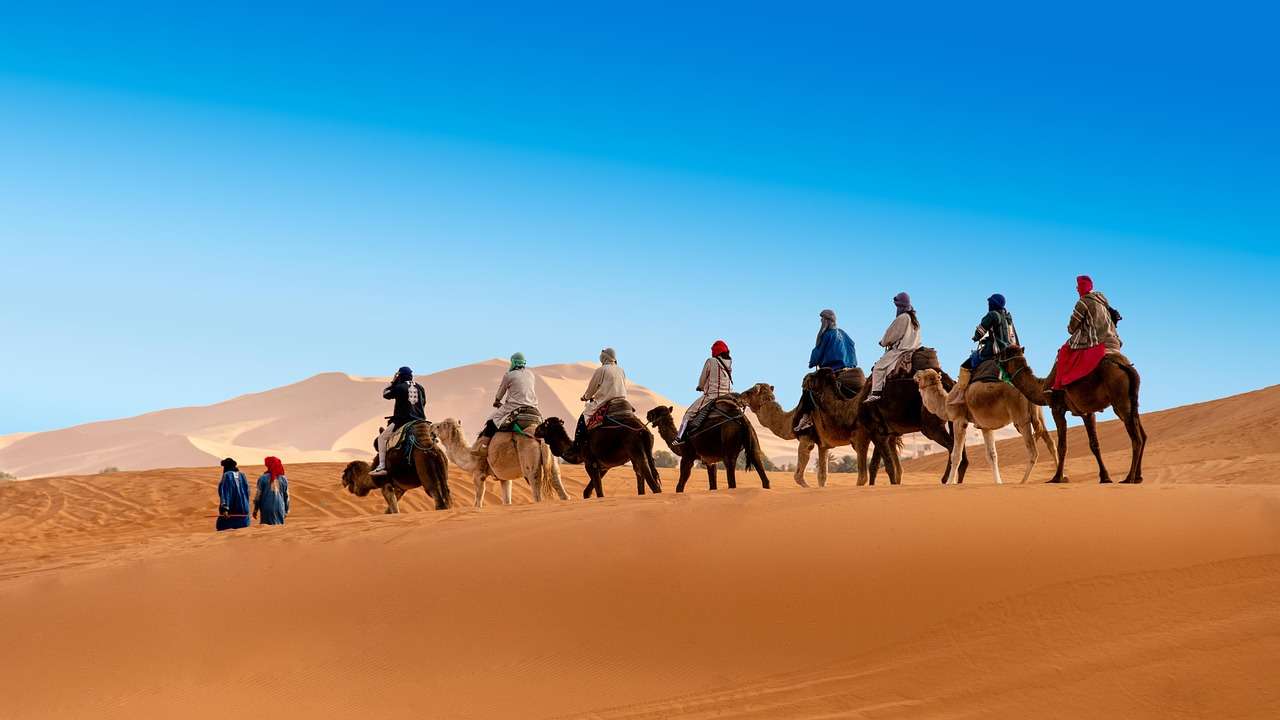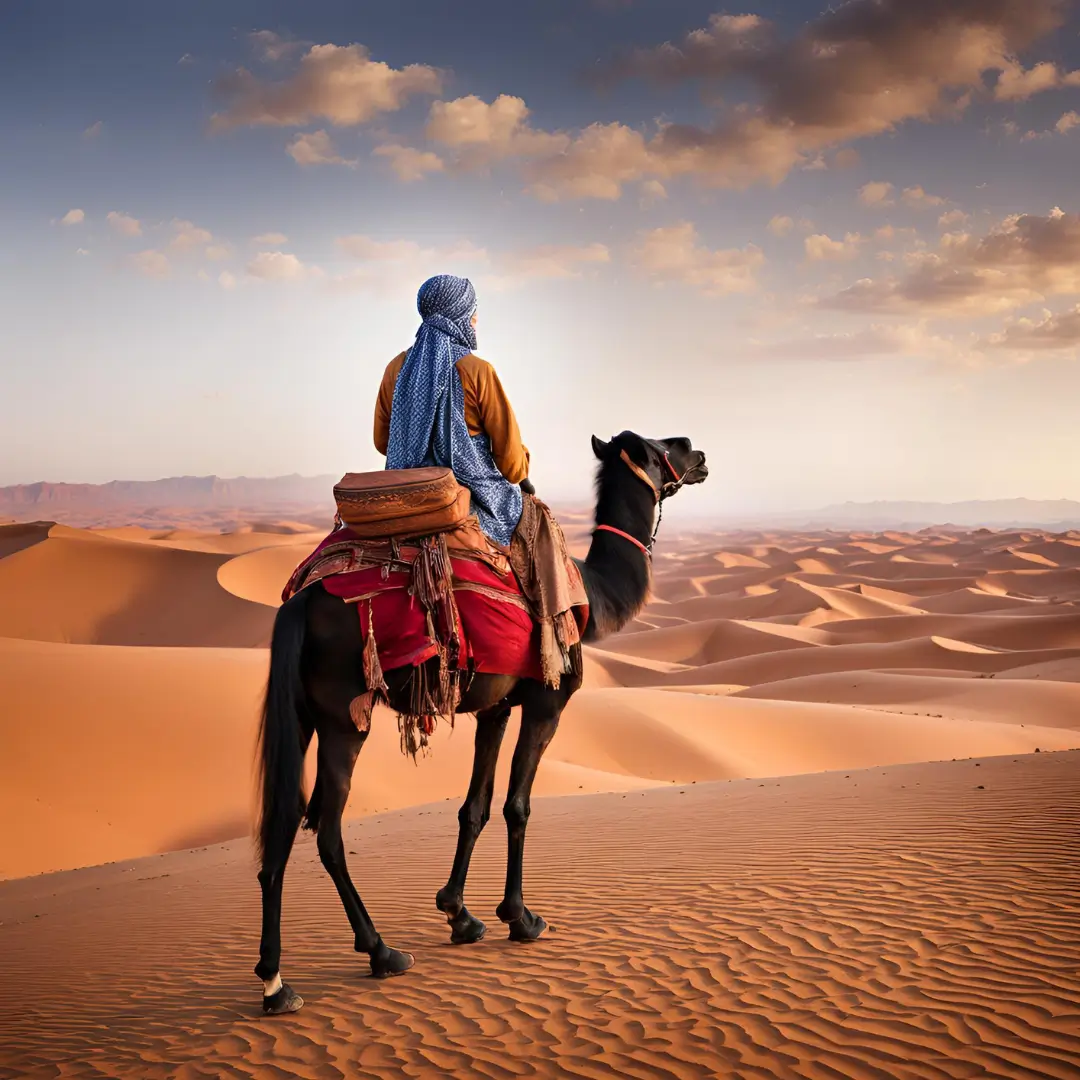
Is it Safe to Travel to Morocco in 2025? Essential Tips for First-Time Visitors
When you plan a tour, safety is one of the biggest questions on your mind. So, if Morocco has struck your traveling radar, you probably think, “Is it Safe to Travel to Morocco?.” The answer is yes—generally speaking, Morocco is an extremely safe destination for tourists. As with most countries, however, it’s important to stay informed and take basic precautions. In this article, we will provide you with detailed information on everything you should know in advance of your trip to ensure it’s safe, enjoyable, and unforgettable.
Is it Safe to Travel to Morocco?
For a long period of time, Morocco has enjoyed steady tourist traffic from travelers around the world. Thanks to its vibrant culture, beautiful landscapes, and friendly people, it attracts millions of visitors every year. The Moroccan government has also implemented mechanisms to ensure tourists’ safety. Big cities like Marrakech, Casablanca, Fez, and Tangier have specialized tourist police, whose main concern is the security of tourists.
Additionally, tourism in Morocco is a significant sector of the country’s economy, so authorities and locals alike make a great effort to portray the country as safe and hospitable.
Understanding Safety in Moroccan Cities
Marrakech
Overall, Marrakech is a safe city—very vibrant with its souk area and famous Jemaa el-Fnaa square. Petty crimes like pickpocketing may occur in highly crowded areas, but by taking good care of your belongings, such incidents are easily preventable.
Fez
Fez is famous for its historic medina, a UNESCO World Heritage Site. While the maze-like alleys can be daunting, they are very tourist-friendly. It’s a good idea to hire a local guide to help you navigate the medina—not only for safety but also for a richer cultural experience.
Casablanca
The most economically advanced city in Morocco, Casablanca is more modern. It’s considered quite safe overall, although it’s a good idea to take extra precautions in less touristy neighborhoods and avoid walking around too much at night.
Tangier
Tangier is a port city with a mixture of old and new charm. It is considered safe, especially in tourist areas. In recent years, significant development has made Tangier even more appealing to tourists.
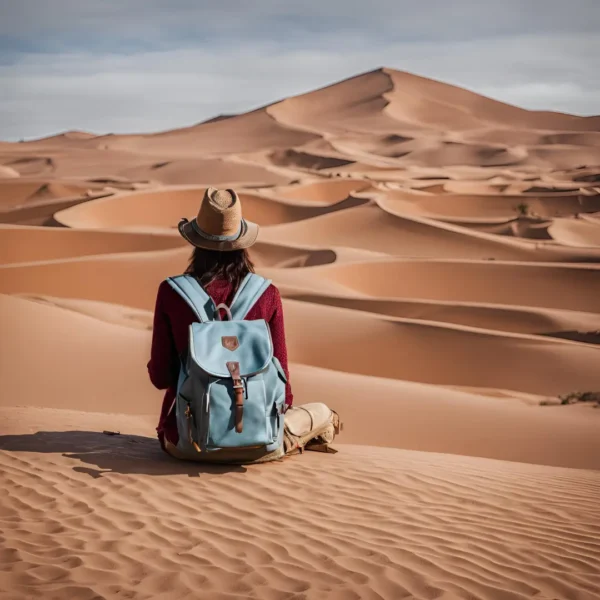
Tips for Staying Safe in Morocco
Now that we’ve established that Morocco is generally safe to visit, let’s discuss some practical tips to ensure your trip goes smoothly:
1. Stay Vigilant with Your Belongings
Like many popular tourist destinations, petty theft can occur in Morocco. Keep your valuables in a secure bag and avoid carrying large amounts of cash. Anti-theft backpacks or money belts are a great option for added security.
2. Respect Local Customs
Being a predominantly Muslim country, Morocco’s culture and traditions require respect. Dress modestly, especially when visiting religious sites, and always ask for permission before taking photos of locals.
3. Be Wary of Scams
Tourist scams do happen, but they are easily avoided if you stay alert. For instance, some people will offer unsolicited help, like guiding you through the medina, and then demand a hefty tip. Politely decline offers you didn’t ask for.
4. Use Trusted Transportation
Always use official taxis, which are usually beige or red, and agree on a price before getting in. Alternatively, use reputable ride-hailing apps or book transportation through your hotel or tour provider.
5. Stay Hydrated and Eat Safely
Morocco’s hot climate makes staying hydrated essential. Stick to bottled water, and be cautious with street food to avoid any stomach issues. Dining in reputable restaurants is the safest option.
Traveling as a Solo Female in Morocco
A common question is whether Morocco is a safe destination for solo female travelers. While Morocco is generally safe, solo female travelers may occasionally face unwanted attention. Here’s how to stay comfortable in Morocco:
- Dress conservatively to blend in and avoid drawing unnecessary attention.
- Walk confidently and avoid making prolonged eye contact with strangers.
- Consider joining group tours, which are usually safer and more social.
- If you ever feel uncomfortable, don’t hesitate to seek help from local authorities or your accommodation staff.
Health and Medical Safety in Morocco
It’s always a good idea to find out what vaccinations are needed before traveling to any country. While Morocco doesn’t require mandatory vaccinations, being up-to-date on routine vaccines like tetanus and hepatitis A is recommended.
Morocco has a good selection of well-equipped hospitals and clinics in larger towns and cities, and pharmacies are easy to locate. If you need medication, it’s a good idea to bring a reasonable supply and carry a copy of your prescription.
Emergency Contacts and Local Support
It’s a good idea to be prepared for emergencies. Here are some useful contacts:
- Tourist Police: Dial 19
- Ambulance: Dial 15
- Moroccan National Police: Dial 190
Moreover, most large hotels and tour operators—for example, Morocco Joy Tours—provide 24/7 support to help you during your stay.
Final Words: Is it Safe to Travel to Morocco?
Indeed, Morocco is a very safe country for tourists. Just like every country, with a little preparation and information, you are bound to travel across this lovely land—from the scintillating landscapes and historic sites to its vibrant culture—head up and carefree. You’ll take in the colorful streets of Chefchaouen, trek through the Atlas Mountains, or even enjoy camel rides on the dunes of the Sahara.
When planning your trip, consider booking with Morocco Joy Tours, a trusted provider offering tailored tours across the country. From guided city tours to off-the-beaten-path adventures, Morocco Joy Tours ensures a safe and seamless journey. For more information, visit our website and start planning your Moroccan adventure today!


